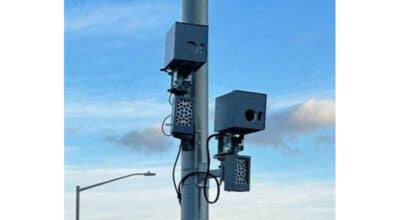Partial solution to an unpleasant problem
Published 9:27 am Friday, July 24, 2015
Fair warning: You might not want to read this over breakfast.
In fact, based on the statistics, some of you might try to avoid reading it at all, just like you’ve avoided that thing you’re supposed to have done when you reached the age of 50. You know — the colonoscopy you’ve been avoiding, despite your doctor’s nagging and your spouse’s pleading.
As it turns out, if you live in Western Tidewater, there’s a better-than-average chance that you’ve procrastinated about the test. A recent study published in the journal “Cancer Epidemiology, Biomarkers & Prevention” found that colon cancer rates in the eastern part of Virginia and North Carolina were 9 percent higher than the nation’s average.
Since colon cancer is treated easily and with great success when it’s found early — and finding it early is the reason folks are counseled to submit to a colonoscopy when they turn 50 — the fact that there’s a hot spot of colon cancer cases in and around Suffolk indicates it’s likely that fewer people here are getting the tests in time to identify the polyps that can presage the disease.
Though nothing is better than catching colon cancer before it’s actually cancer, a new screening method that is available locally can help identify the disease and those especially at risk of contracting it by looking for hidden blood and DNA biomarkers in the stool. The FDA has approved the test, and it promises to be a great help in reducing the prevalence of what is the third most common type of cancer.
If you’re 50 or older, or if your family has a history of colon cancer, you should already have had a colonoscopy and you should be on a regular schedule to have the test repeated — doctors say about every three years for those whose tests reveal no problems. There are plenty of easily understandable reasons to want to avoid it, though. For many of us, it’s uncomfortable and embarrassing, and it requires what most would consider a distressingly harsh preparation. Those reasons, however, shouldn’t outweigh the incredible benefits that can be had by catching colon cancer before it can take hold.
Still, people are people, and there will be some who simply refuse to submit to a colonoscopy. For them, especially, it’s good to know that medical science has devised a partial solution.




